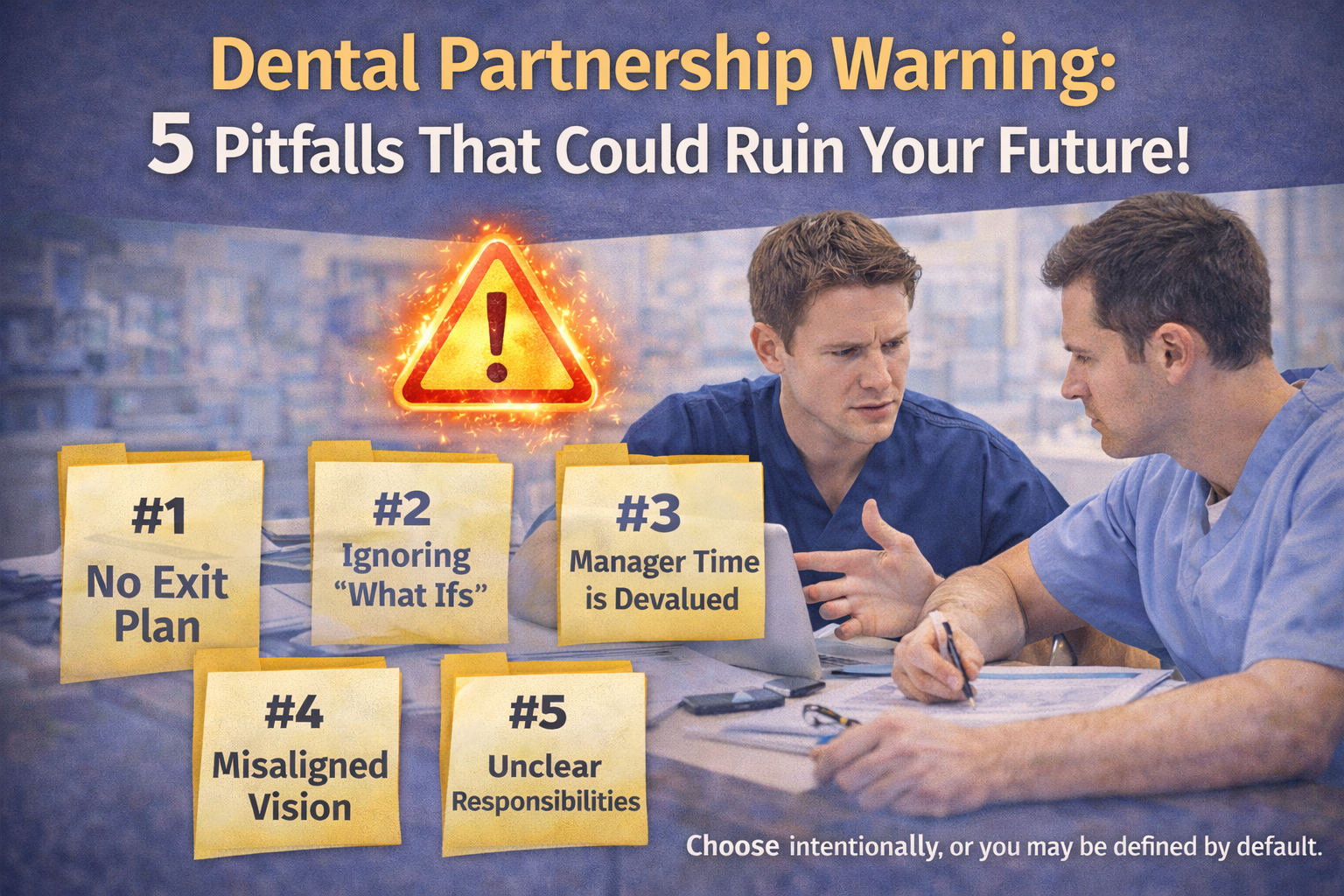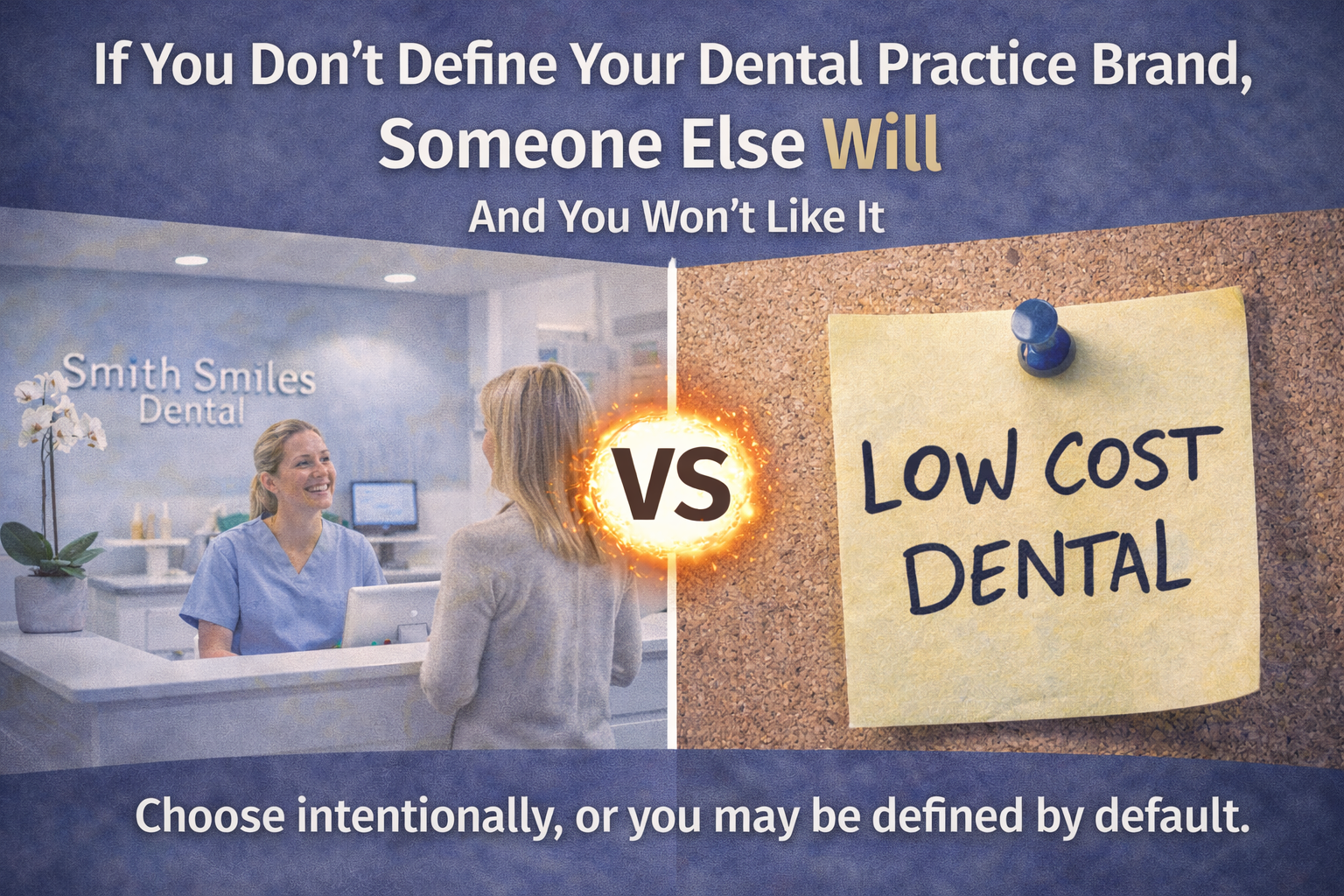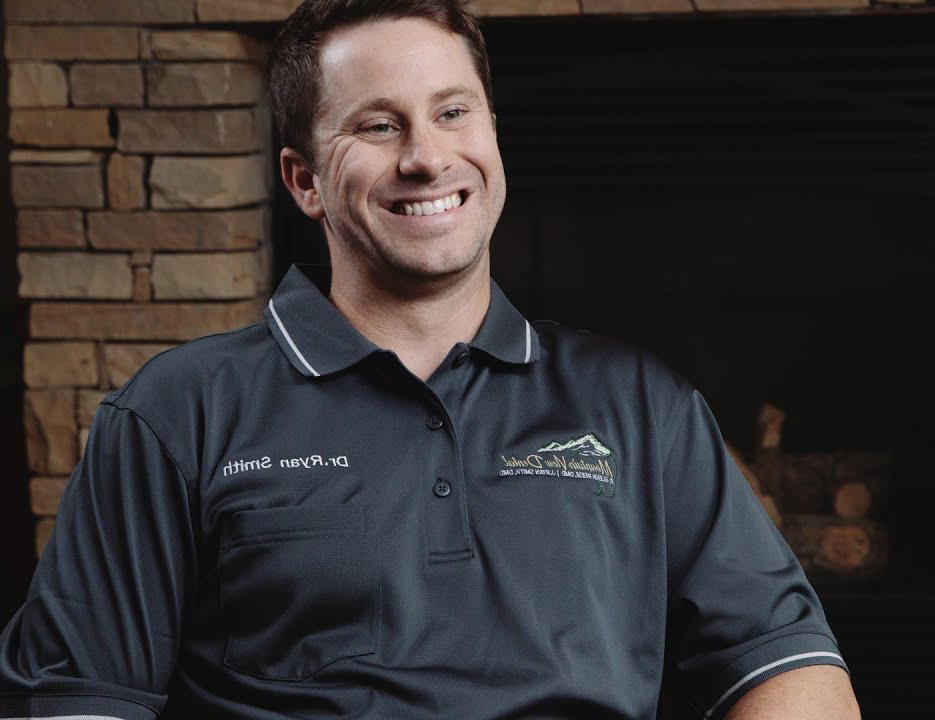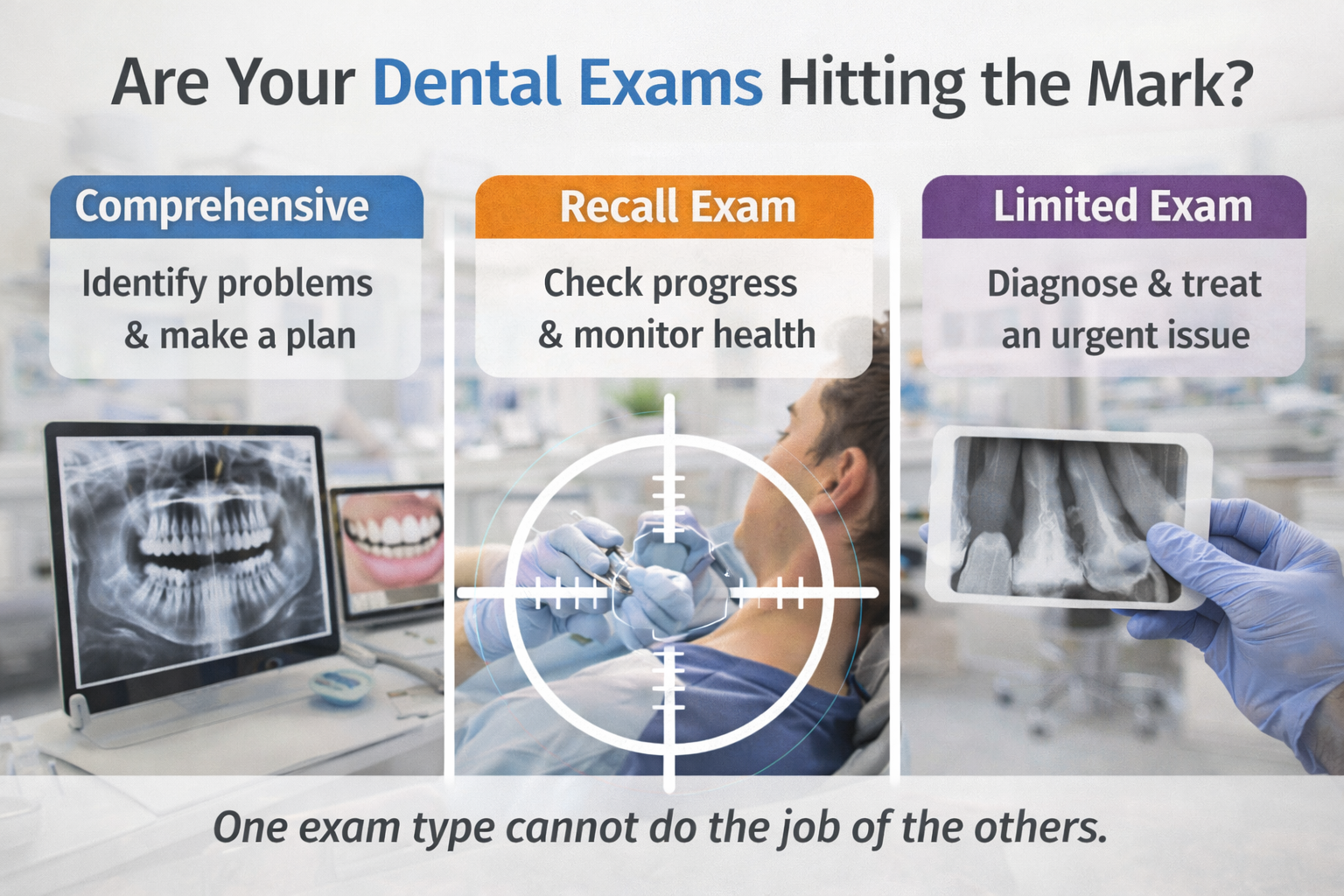Is joining forces with another dentist a recipe for success or a fast track to disaster? It’s a question many dentists face, and the stakes couldn’t be higher.
My name is Ryan Smith, DDS, and I have owned and managed over 15 different dental practices, a dental supply company, a dental lab, and many other dental-related businesses. Partnerships are something I have a lot of experience with—both the fantastic and the incredibly stressful.
If you’re weighing your options on whether to enter a dental partnership, this guide is for you. We’ll explore why partnerships are so appealing, and then dive into the five critical conversations you must have to avoid the pitfalls that could ruin your future.
For a deeper dive into my personal experiences and advice on this topic, watch the full video breakdown below.
The Appeal of a Partnership: Why Dentists Join Forces
Dental partnerships can be a very attractive option, especially for dentists who may not have the confidence or capital to take on a big project alone. They can help mitigate risk, secure larger bank loans, and provide a much-needed sense of camaraderie.
Having someone to share your vision and responsibilities with can be incredibly valuable. But while friendship can be a great benefit, it should never be the only reason to enter into a partnership.
A successful partnership requires balance. Both people must bring something tangible to the table—be it an advanced clinical skillset, a knack for marketing and business, or a stronger financial history. If that balance doesn’t exist, the inequity will likely sour the relationship down the road.
The 5 Critical Conversations to Have BEFORE You Sign Anything
The reality is that every partnership will end—without exception. It might be in a year, or it might be when someone retires or passes away. You must go into a partnership with this mindset and prepare for that eventuality from day one.
Here are the five potential pitfalls that you need to address head-on.
Pitfall #1: Not Planning the End from the Beginning
A partnership is complicated and difficult to unwind if you never prepare for the end. Before any documents are signed, you must meticulously lay out the “divorce” terms.
Discuss and document everything:
- How will the practice be valued if a split occurs?
- What are the buy-sell terms? Is bank financing allowed, or will seller financing be required?
- What happens in a personal divorce? Can an ex-spouse force a sale of the practice to get their portion?
- What are the repercussions if one partner leaves unexpectedly or before an agreed-upon term?
If your partner shows up one day and says, “My wife is making me move; I have to leave,” the process should be simple, clear, and fair for both sides.
Pitfall #2: Ignoring the Difficult “What If” Scenarios
It’s easy to agree when things are going well. The real test is planning for when they aren’t. Sit down with your potential partner and map out theoretically difficult situations.
- What happens if you have a horrible collections month and can’t pay both doctors?
- How do you handle it if one partner gets injured, takes more vacations, or decides to work fewer hours?
- What is the protocol if there’s a major disagreement on a key business decision?
Discussing these issues upfront, before emotions are high, allows for level-headed, win-win solutions. In many ways, a partnership is like a marriage: it’s built on the willingness to overlook the small stuff and always assume the best intentions of the other person. Without that, it’s likely doomed.
Pitfall #3: Failing to Value Non-Clinical “Manager” Time
There are two key roles in a practice: the Operator (working on patients in the chair) and the Manager (handling administrative tasks, audits, and working on the business).
I’ve personally been in partnerships where the clinical work was highly valued, but the immense time and energy spent on management was given little to no value. The managing partner was expected to do it for free.
Time spent managing is worth something. If one person does most or all of it, that effort must be recognized and compensated. Whether it’s valued more or less than clinical work is up for debate, but it cannot be taken for granted.
Pitfall #4: A Misaligned Long-Term Vision
This is a silent killer of partnerships. You must be generally aligned on your vision for the future.
- Does one person want to maintain a single, lifestyle practice while the other wants to open three more locations?
- Does one partner want to invest heavily in new technology while the other wants to maximize cash flow?
- What about side projects? If one person’s side hustle means they spend significantly less time on the business, that needs to be accounted for.
Over time, if one person dramatically decreases their energy and effort yet still expects the same pay, resentment will build and the partnership will crumble.
Pitfall #5: No Clear Delegation of Responsibilities
Both partners cannot be in charge of the same thing. It’s a recipe for disaster. Likewise, both partners can’t have input on everything.
Each partner needs their own clear lane of responsibility, and the other needs to trust and support them in that role. Identify your individual strengths and delegate accordingly. If one of you is great at marketing, they own marketing. If the other is a clinical wizard and loves mentoring associates, that’s their domain. Where you both have weaknesses, you hire to fill the void.
A Final Piece of Advice
Dental partnerships add significant complexity to owning a business. If you can do it on your own, you probably should. However, the reality is that partnerships often help dentists gain the confidence and capital to achieve things they never would otherwise.
I’ve had fantastic partnerships and others that have caused me tremendous stress. My hope is that by understanding these pitfalls, you can make the right decision for your future. And if you do move forward, going in with the right mindset and clear agreements will save you from major problems down the road.
Have you been in a dental partnership? What was the biggest challenge or the greatest reward? Share your experience in the comments below to help our community of dentists.








